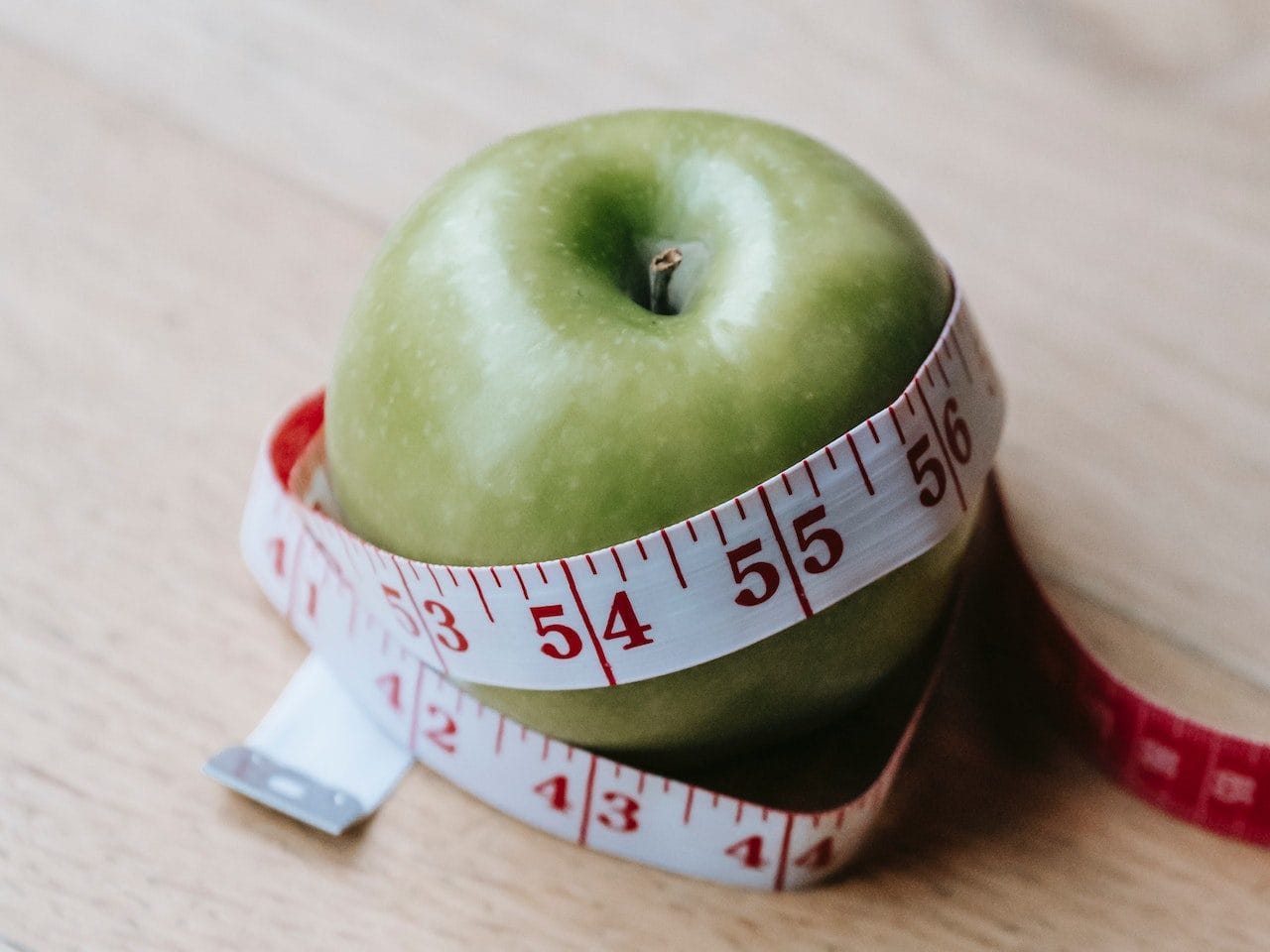For those who haven’t delved deep into the maze of fitness and healthy eating, metabolism is a mystery.
In this article, you will learn more about metabolism.
Metabolism is the intensity with which the body burns calories and converts what we consume.
Into energy used to maintain bodily functions.
Explains renowned nutritionist Charles Passler.
Your basal ─ metabolic rate is the number of calories your body needs to function at rest during the day.
When you increase your BMR (basal metabolic rate), you must also increase your activity factor (time spent in motion).
Only then will you be able to calculate the number of calories burned as accurately as possible.
Metabolism is a natural process, and it is largely influenced by our lifestyle, so we ourselves are the “key” to a sustainable metabolism.
But don’t believe the common claim that it can be accelerated by sipping fancy teas.
There are several myths related to metabolism that are long overdue to clear up and stop believing them.

Myth №1 : The less you eat, the better your metabolism.
It may seem logical that the less we eat, the faster our metabolism works, but it’s exactly the opposite.
Eating in the morning is the most important meal, thanks to which we start to accumulate energy for the whole day.
But it is not necessary to eat too much, and even one smoothie is enough, explains Passler.
If you suddenly reduce your calorie intake, your metabolism will slow down and burn fewer calories than before.
That’s why it’s significant to properly “feed” your body throughout the day, then calories will be burned much more efficiently.
How often should I snack?
My rule is very simple: if you’re not hungry, don’t eat!

Myth №2: Cardio is the best workout for a good metabolism.
You can rack up miles on the treadmill or the elliptical, but that doesn’t mean cardio is conducive to optimal metabolism.
When it comes to exercise, simply burning calories is typically mistaken for boosting metabolism.
Says sports physician Larry Howard
One of the classic examples of this situation all experts call cardio.
It helps to actively burn calories, but it has no effect on the metabolism.
Improving metabolism and energy production requires building muscle mass, which can burn calories, even if you do not work out.
Resistance exercises (weightlifting ─ that’s it) help achieve this.
If you don’t have weights or can’t go to the gym, do exercises that use your own body weight: interval training, squats and planks.

Myth №3: Increasing the “volume” of training helps you burn more calories.
The more exercise, the more calories burned, right?
Judging by the number of exercise machines in the gym, yes.
But that’s not really the case.
Nutritionist Carey Glassman, founder of Nutritiouslife.com.
Says, Many experts say that if you get too ‘stressed’ on your body, it sinks into a stressful state and your hormones are completely out of whack.
Which, in turn, disrupts your metabolism.
Your metabolism won’t work properly if you’re not giving your body time to rest.
Kerry suggests balancing high-intensity workouts with more measured and relaxed activities, such as this restorative yoga practice.

Myth №4: A low-fat diet will help you lose weight.
If the whole idea behind your low-fat diet is to eat foods labeled “low-fat,” this is self-deception in its purest form.
Most manufacturers compensate for the lack of fat by adding large amounts of sugar or other substitutes to “low-fat“ products.
This inevitably leads to weight gain.
What’s more, some healthy fats are good for us.
Omega-3 acids have long been proven to help protect the brain from cognitive decline and common signs of aging.

What to do to speed up your metabolism
- Drink water always and everywhere.
All the nutritionists interviewed agreed that drinking water is paramount to speeding up your metabolism.
A recent Princeton University study found.
That drinking 500 milliliters of water increases metabolic rate by 30%.
Drinking enough fluids will help your body digest food better and virtually eliminate the possibility of overeating (since thirst is often mistaken for hunger). - Consume less alcohol.
The fact that alcohol is not very good for the body is certainly not news.
But did you know how negatively it affects your metabolism?
Whether it’s a tempting glass of wine at dinner or a couple of cocktails when meeting friends, alcohol is a serious factor that slows your metabolism.
Most alcoholic beverages are high in sugar and prevent you from burning calories quickly. - Eat a balanced diet.
For a good metabolism, you need a “clean” diet rich in fruits and vegetables, as well as foods that require energy to digest, otherwise calories will not be burned.
Don’t forget to include protein (lean meat, eggs, nuts), fiber (Brussels sprouts, oranges, chia seeds) and healthy fats like salmon and olive oil in your diet. - Take AMPK Metabolic Activator.
Studies show that increasing AMPK activity can encourage cells to stop storing fat and start burning it for energy.
That’s how we formulated our AMPK Metabolic Activator to help fight unwanted belly fat.
There’s an enzyme called AMPK that’s found in every cell in your body.
Over time, declining AMPK levels can cause the accumulation of abdominal fat.
We’ve created AMPK Metabolic Activator to trigger youthful AMPK activity, help burn fat and promote healthy cellular metabolism.
AMPK Metabolic Activator Benefits- Encourages the body to burn stored abdominal fat
- Revitalizes youthful AMPK levels
- Two potent botanical extracts trigger AMPK activity
- Promotes healthy cellular metabolism
- Encourages the body to burn stored abdominal fat
Make your purchase now and start improving your metabolism.



